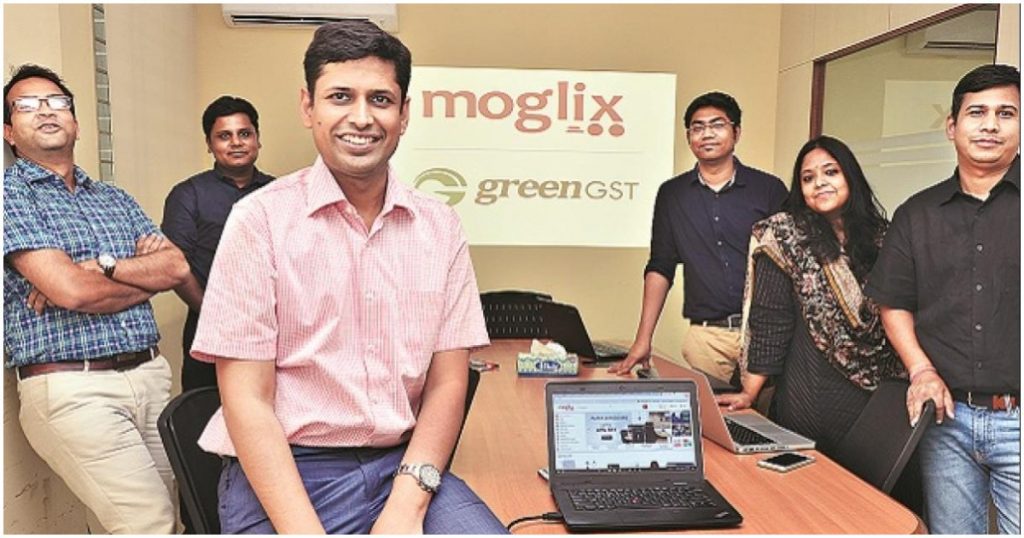Even as India grapples with the second coronavirus wave, it continues to churn out unicorn startups.
Industrial business-to-business marketplace Moglix has become India’s latest unicorn startup after having raised $120 million at a valuation of $1 billion. The round was led by Falcon Edge Capital and Harvard Management Company (HMC), and existing investors including Tiger Global, Sequoia Capital India and Venture Highway also participated in the round. Moglix becomes the 13th Indian startup to attain the unicorn status this year.

“We started six years ago with a firm belief in the untapped potential of the Indian manufacturing sector. We had the trust of stalwarts like Ratan Tata, and a mission to enable the creation of a $1 trillion manufacturing economy in India. Today, as we enter the next stage of our evolution, we feel this financing milestone is a testimony to our journey of innovation and disruption,” Moglix founder and CEO Rahul Garg said. Moglix has raised $222 million from investors so far.
Moglix was founded in 2015 by IIT Kanpur and ISB alumnus Rahul Garg. The startup runs an e-commerce platform for industrial tools and equipment, and sells Safety, Electrical & Lighting, Cleaning & Laundry Supplies, Office Supplies, Tools and other industry essentials. It has a supply chain network of 16,000 suppliers, and over 35 warehouses. Moglix says that it has 1.5 lakh clients, and serves over 25,000 pincodes in India. With close to 500,000+ SKUs on its platform, Moglix also claims to be the largest e-commerce platform of industrial goods in India.
There’s no shortage of e-commerce startups in India — there had been over two dozen when the space was booming around 2016 — but Moglix seems to have zeroed in on an underserved market. By picking up a niche in industrial tools and equipment, Moglix seems to have avoided the competition posed by the deluge of consumer-facing startups that had entered the space a few years ago, and quietly built a sizeable business for itself.
Moglix’s addition to India’s unicorn list further increases the diversity of India’s unicorn pool. Most of India’s early unicorns had been from the e-commerce space, but just year, construction materials startup Infra.Market had also become a unicorn, and now an industrial goods marketplace has also made the list. India now has a gaming unicorn in Dream11, ed-tech unicorns in Byju’s and Unacademy, payments unicorns in BillDesk and Pine Labs, food delivery unicorns in Zomato and Swiggy, insurance unicorns in PolicyBazaar and Digit, and even a health-tech unicorn in Innovaccer. These are heartening signs for Indian entrepreneurs, who’ll realize that there are ever-more opportunities to build and grow ever-bigger — and ever varied — companies from the country in the years to come.
